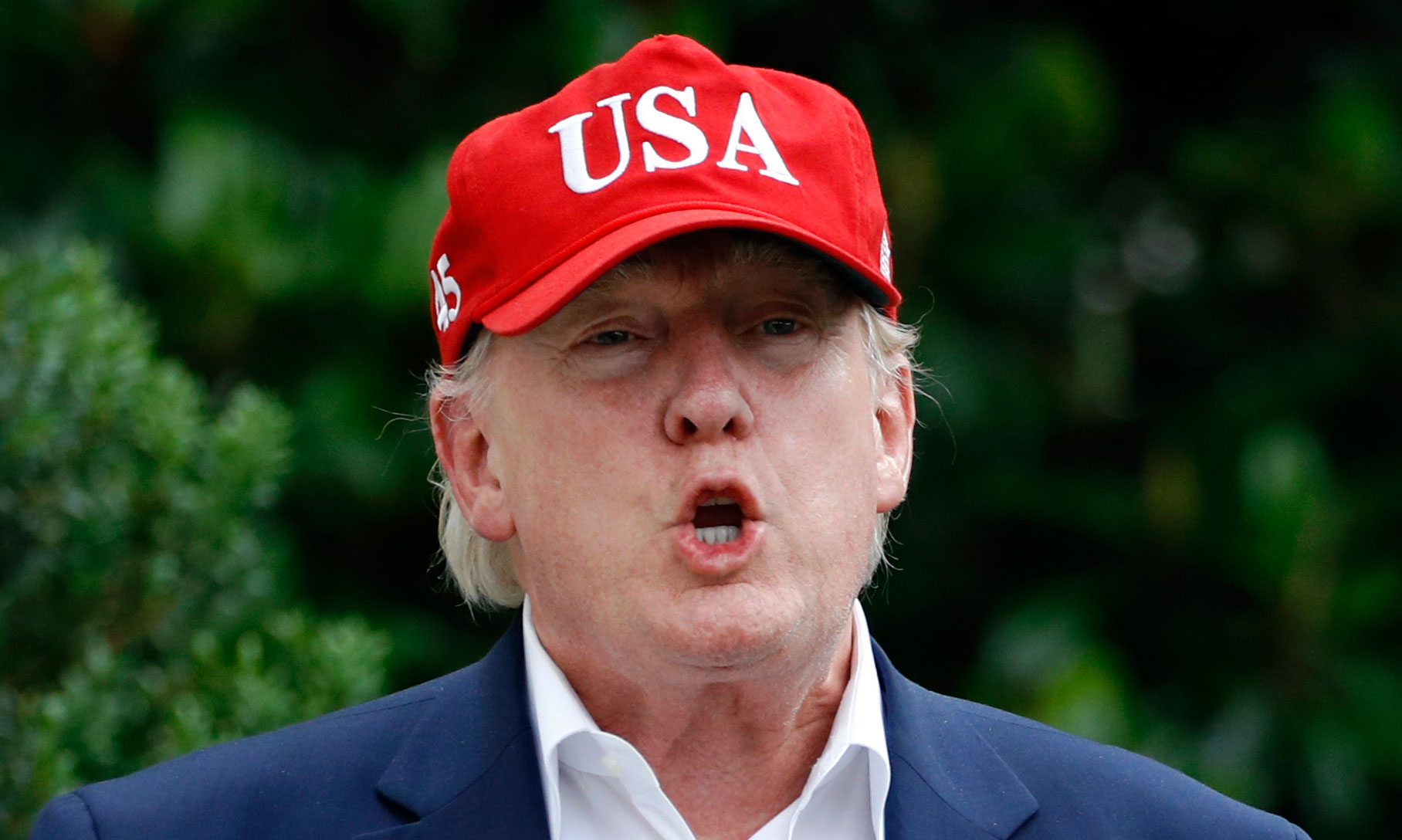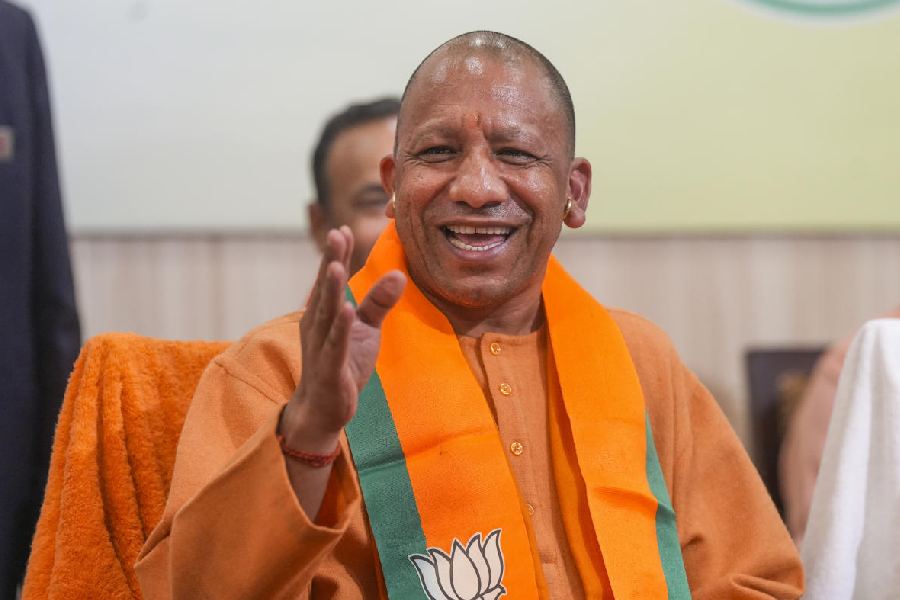The Trump administration directed a top American diplomat involved in its pressure campaign on Ukraine not to appear for a scheduled deposition with House Democrats conducting an impeachment inquiry, according to two people briefed on the matter.
The decision to block Gordon D. Sondland, the US ambassador to the EU, from speaking with investigators is certain to provoke an immediate conflict with potentially profound consequences for the White House and President Trump. House Democrats have repeatedly warned that if the administration tries to interfere with their investigation, it will be construed as obstruction, a charge they see as potentially worthy of impeachment.
But in making the decision on Tuesday, hours before he was scheduled to sit for a deposition in the basement of the Capitol, the Trump administration appears to be making the calculation that it is better off risking the House’s ire than letting Sondland show up and set a precedent for cooperation with an inquiry they have strenuously argued is illegitimate.
Sondland has become enmeshed in the burgeoning scandal into how the president sought to push the Ukrainians to investigate his political rivals. Although Ukraine is not in the union, Trump instructed Sondland — a wealthy hotelier and campaign contributor — to take a lead in relations between the Trump administration and the country. Democrats consider him a key witness to what transpired between the two countries.
The House subpoenaed the defence department and the office of management and budget for documents about the Trump administration’s decision to withhold $391 million in security aid for Ukraine.
George Kent, a deputy assistant secretary of state, did not appear for a scheduled deposition with House Democrats. Still, two key figures from the state department were confirmed for depositions: Gordon Sondland and Marie Yovanovitch, the former US ambassador to Ukraine.











